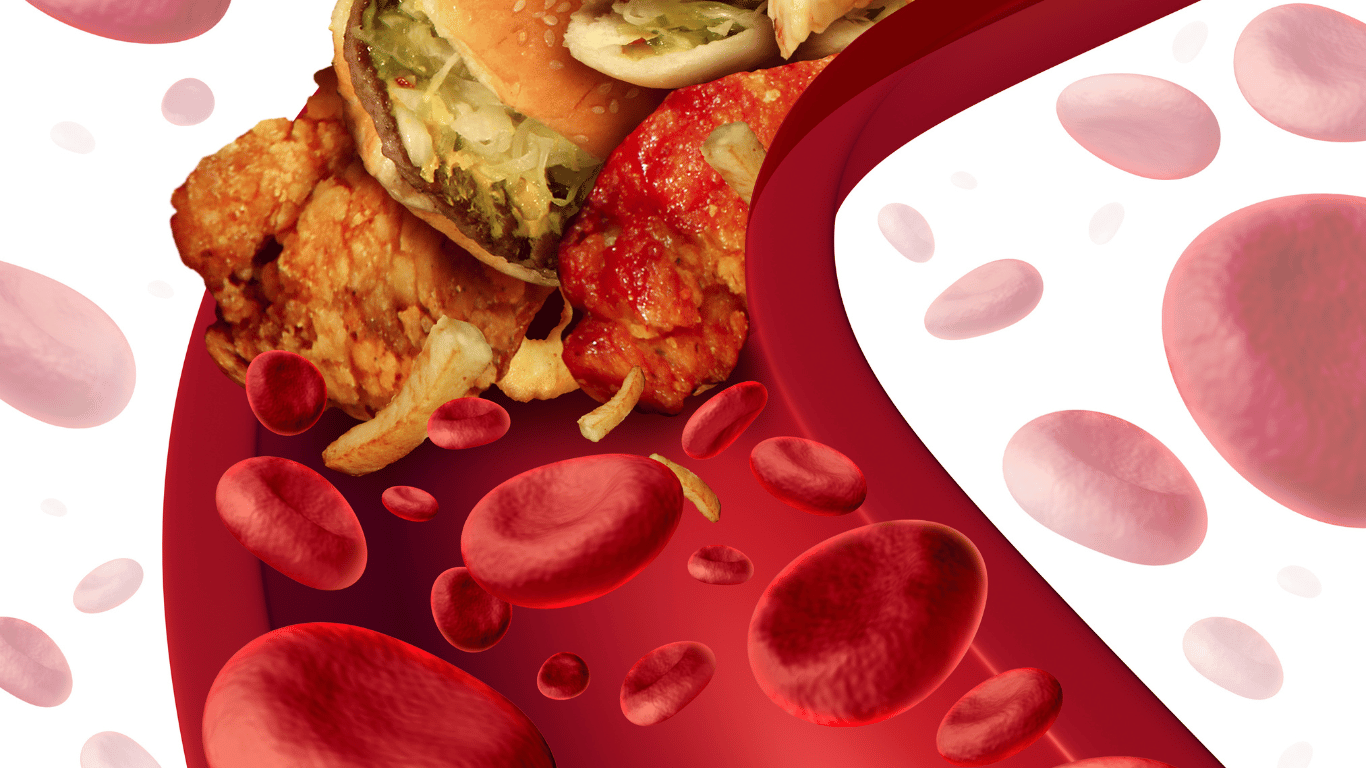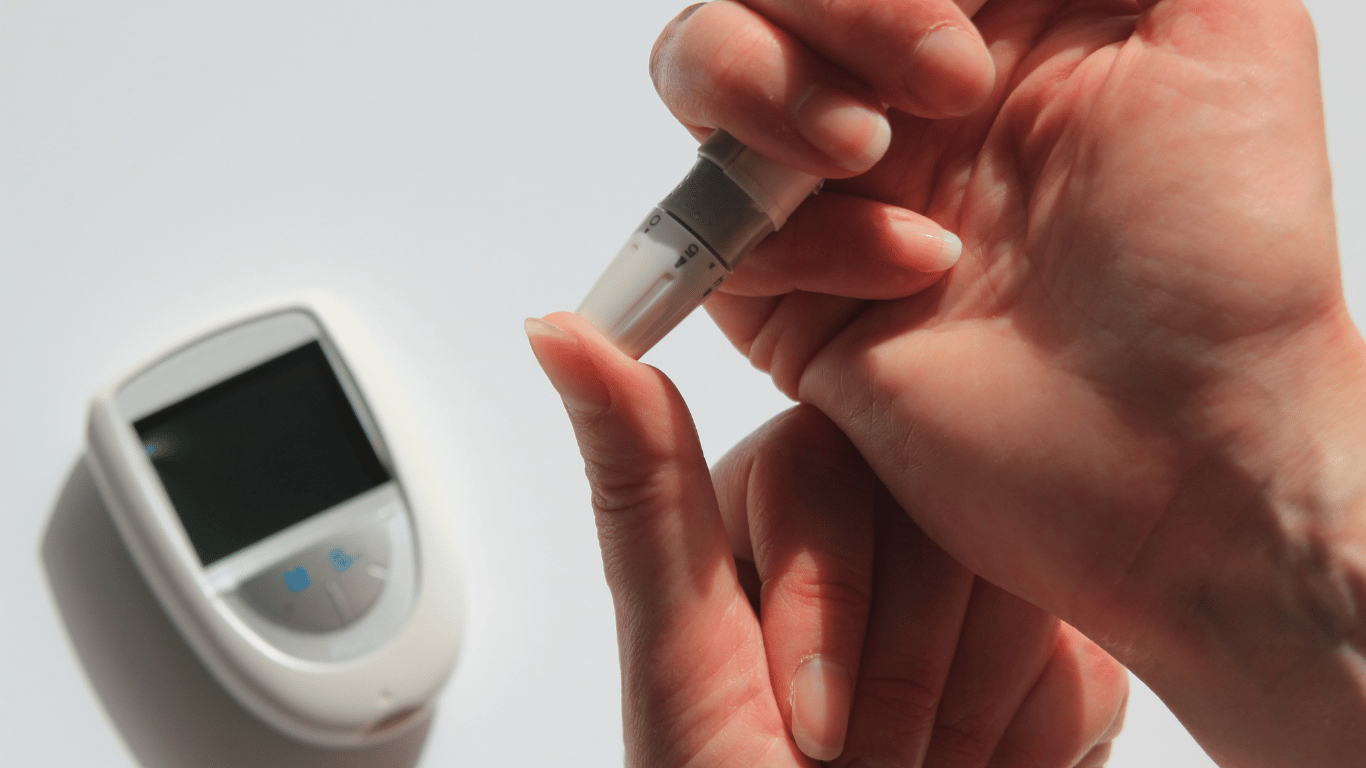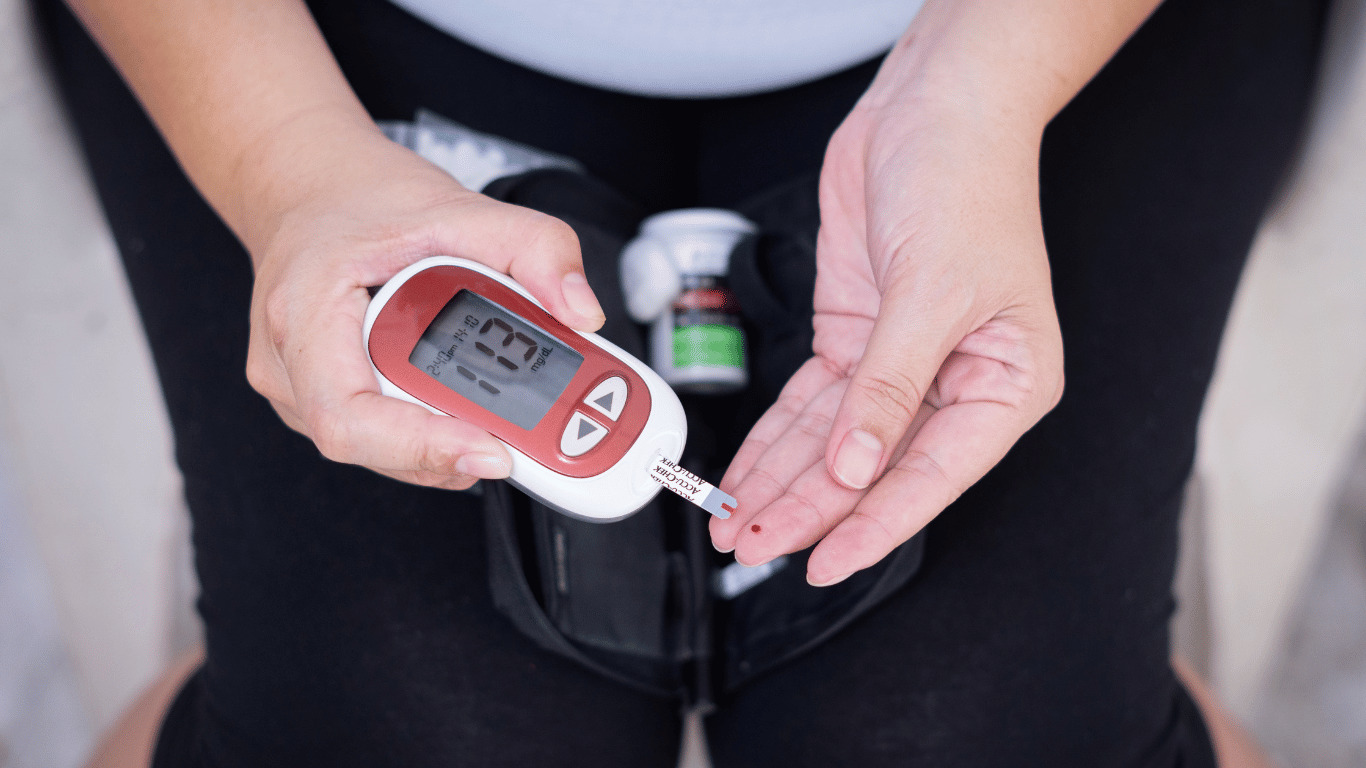Understanding Normal Cholesterol Levels: Importance, Ranges, and Heart Health Tips
Discover the significance of normal cholesterol levels and their impact on heart health. Learn about LDL and HDL cholesterol ranges, triglyceride levels, and factors influencing cholesterol readings.
Cholesterol is a waxy, fat-like substance found in the cells of our body. While it is essential for the proper functioning of our body, having high cholesterol levels can pose significant health risks, particularly related to heart disease. Monitoring cholesterol levels is crucial for maintaining cardiovascular health and preventing potential complications. In this article, we will explore what normal cholesterol levels are, how they are measured, and the importance of maintaining them within a healthy range.
Introduction
Understanding Cholesterol
Before delving into the specifics of normal cholesterol levels, it’s essential to understand what cholesterol is and its role in the body. Cholesterol plays a vital role in building healthy cells and producing hormones, vitamin D, and bile acids that aid in digestion. Our liver produces most of the cholesterol needed for these essential functions, but cholesterol can also be obtained through the foods we eat, such as meat, eggs, and dairy products.
Importance of Monitoring Cholesterol Levels
Monitoring cholesterol levels is essential because having high levels of certain types of cholesterol, particularly LDL (low-density lipoprotein) cholesterol, can lead to the formation of plaque in the arteries. This can narrow and block blood flow, increasing the risk of heart disease, heart attacks, and strokes. On the other hand, HDL (high-density lipoprotein) cholesterol is considered “good” cholesterol as it helps remove LDL cholesterol from the arteries, reducing the risk of cardiovascular problems.

What is Normal Cholesterol Level?
Normal cholesterol levels vary depending on the type of cholesterol being measured. The four main components of cholesterol levels that are typically assessed are:
Total Cholesterol Levels
Total cholesterol levels refer to the combined measurement of all types of cholesterol in the blood. This includes LDL cholesterol, HDL cholesterol, and VLDL (very-low-density lipoprotein) cholesterol. The optimal range for total cholesterol is generally considered to be below 200 milligrams per deciliter (mg/dL). Total cholesterol levels between 200 and 239 mg/dL are considered borderline high, while levels of 240 mg/dL and above are considered high and may require medical attention and lifestyle changes.
LDL (Low-Density Lipoprotein) Cholesterol
LDL cholesterol is often referred to as “bad” cholesterol because high levels can lead to the buildup of plaque in the arteries, increasing the risk of heart disease. The ideal range for LDL cholesterol is generally below 100 mg/dL. Levels between 100 and 129 mg/dL are considered near-optimal, 130 to 159 mg/dL is borderline high, 160 to 189 mg/dL is high, and 190 mg/dL and above are very high.
HDL (High-Density Lipoprotein) Cholesterol
HDL cholesterol is known as “good” cholesterol because it helps remove LDL cholesterol from the arteries, reducing the risk of cardiovascular issues. For HDL cholesterol, higher levels are better. HDL levels below 40 mg/dL are considered low and may increase the risk of heart disease. An HDL level of 60 mg/dL or higher is considered protective and can help reduce the risk of heart disease.
Triglyceride Levels
Triglycerides are a type of fat found in the blood and are another important component of cholesterol levels. Elevated triglyceride levels have been associated with an increased risk of heart disease. The optimal range for triglyceride levels is typically below 150 mg/dL. Levels between 150 and 199 mg/dL are considered borderline high, 200 to 499 mg/dL are high, and 500 mg/dL and above are very high.

Factors Affecting Cholesterol Levels
Several factors can influence an individual’s cholesterol levels. It’s essential to be aware of these factors to better understand the variations in cholesterol readings and to take appropriate measures to maintain healthy cholesterol levels. The key factors affecting cholesterol levels include:
Age and Gender
Cholesterol levels can change with age and may vary between men and women. Generally, cholesterol levels tend to rise with age, particularly LDL cholesterol. Before menopause, women often have lower LDL cholesterol levels compared to men of the same age. However, after menopause, women’s LDL cholesterol levels tend to increase.
Genetics and Family History
Genetics can play a significant role in determining an individual’s cholesterol levels. If you have a family history of high cholesterol or heart disease, you may have a higher risk of developing elevated cholesterol levels yourself. It’s essential to be aware of your family’s medical history and discuss it with your healthcare provider.
Diet and Nutrition
The foods we consume can directly impact our cholesterol levels. Diets high in saturated fats and trans fats can raise LDL cholesterol levels. On the other hand, a diet rich in fruits, vegetables, whole grains, and healthy fats can help maintain healthier cholesterol levels.
Physical Activity and Exercise
Regular physical activity and exercise can positively influence cholesterol levels. Engaging in aerobic exercises, such as walking, running, swimming, or cycling, can help raise HDL cholesterol levels and lower LDL cholesterol levels. Aim for at least 150 minutes of moderate-intensity exercise or 75 minutes of vigorous-intensity exercise per week.
Body Weight and Obesity
Being overweight or obese is often associated with higher LDL cholesterol and triglyceride levels and lower HDL cholesterol levels. Losing weight through a combination of healthy eating and regular exercise can lead to improved cholesterol levels and overall cardiovascular health.
Smoking and Alcohol Consumption
Smoking cigarettes can lower HDL cholesterol levels and damage blood vessels, increasing the risk of atherosclerosis. Additionally, excessive alcohol consumption can raise triglyceride levels. Quitting smoking and moderating alcohol intake can have a positive impact on cholesterol levels and overall health.

Understanding Cholesterol Readings
Interpreting cholesterol readings involves understanding the values of total cholesterol, LDL cholesterol, HDL cholesterol, and triglycerides in the blood. Proper interpretation is essential to assess an individual’s cardiovascular risk accurately. Let’s explore how to analyze cholesterol readings:
Interpreting Total Cholesterol Levels
When evaluating total cholesterol levels, it’s essential to consider the recommended optimal range of below 200 mg/dL. If an individual’s total cholesterol falls within this range, it indicates a lower risk of heart disease. However, if total cholesterol levels exceed 200 mg/dL, further evaluation of LDL and HDL cholesterol levels is necessary to assess the overall risk.
Evaluating LDL Cholesterol Levels
LDL cholesterol is a primary factor in assessing cardiovascular risk. If an individual’s LDL cholesterol levels are within the optimal range (below 100 mg/dL), it suggests a lower risk of heart disease. On the other hand, elevated LDL cholesterol levels can indicate an increased risk. In such cases, healthcare providers may recommend lifestyle changes, such as dietary modifications and exercise, or even cholesterol-lowering medications, like statins, to bring LDL cholesterol levels back to a healthier range.
Analyzing HDL Cholesterol Levels
HDL cholesterol plays a protective role by helping remove LDL cholesterol from the arteries. Higher HDL cholesterol levels are desirable, as they contribute to a reduced risk of heart disease. An HDL level of 60 mg/dL or higher is considered beneficial. If an individual’s HDL cholesterol level is below 40 mg/dL, it may be a risk factor for heart disease. In such cases, lifestyle changes, particularly regular exercise, can help raise HDL cholesterol levels.
Interpreting Triglyceride Levels
Triglyceride levels reflect the amount of fat circulating in the blood. Elevated triglyceride levels can be a risk factor for heart disease. To assess triglyceride levels, healthcare providers typically consider the optimal range (below 150 mg/dL). If triglyceride levels are higher than this, lifestyle changes such as reducing the intake of sugar and refined carbohydrates and increasing physical activity can help lower triglyceride levels.

The Importance of Maintaining Normal Cholesterol Levels
Maintaining normal cholesterol levels is vital for overall health and well-being, specifically in regard to heart health. Let’s explore the significance of keeping cholesterol levels within the recommended ranges:
Reducing the Risk of Heart Disease
By maintaining normal cholesterol levels, particularly LDL cholesterol, the risk of heart disease can be significantly reduced. Lower levels of LDL cholesterol mean less plaque buildup in the arteries, preventing the narrowing and blockage that can lead to heart attacks and other cardiovascular issues.
Preventing Atherosclerosis
Atherosclerosis is the process of plaque buildup in the arteries, leading to their hardening and narrowing. Normal cholesterol levels, especially optimal LDL and HDL cholesterol, help prevent atherosclerosis and maintain good blood flow throughout the body.
Maintaining Cardiovascular Health
Maintaining normal cholesterol levels contributes to overall cardiovascular health, ensuring that the heart and blood vessels function optimally. This, in turn, supports a healthy circulatory system and reduces the risk of various heart-related conditions.

How to Achieve and Maintain Normal Cholesterol Levels
Adopting a heart-healthy lifestyle can significantly impact cholesterol levels and promote cardiovascular well-being. Here are some key steps to achieve and maintain normal cholesterol levels:
Adopting a Heart-Healthy Diet
A heart-healthy diet involves reducing the intake of saturated fats and trans fats found in processed foods and fatty meats. Instead, focus on incorporating more fruits, vegetables, whole grains, nuts, seeds, and sources of healthy fats like avocados and olive oil into your diet. Consuming foods rich in omega-3 fatty acids, such as fatty fish, can also be beneficial for heart health.
Engaging in Regular Physical Activity
Regular physical activity is essential for maintaining healthy cholesterol levels and overall cardiovascular health. Aim for at least 150 minutes of moderate-intensity exercise or 75 minutes of vigorous-intensity exercise per week. Activities like walking, jogging, swimming, and cycling are excellent options to keep your heart healthy.
Managing Weight and Body Mass Index (BMI)
Being overweight or obese can negatively impact cholesterol levels. If you are overweight, losing even a modest amount of weight can lead to improvements in cholesterol readings. Aim to achieve and maintain a healthy weight through a combination of balanced eating and regular exercise.
Avoiding Smoking and Limiting Alcohol Consumption
Smoking is detrimental to heart health and can lower HDL cholesterol levels. Quitting smoking is one of the best things you can do to improve cholesterol levels and overall cardiovascular well-being. Additionally, while moderate alcohol consumption may have some potential benefits, excessive drinking can lead to elevated triglyceride levels. It’s best to limit alcohol intake to moderate levels or avoid it altogether.

Cholesterol-Lowering Medications and Treatments
In some cases, lifestyle changes alone may not be sufficient to achieve and maintain normal cholesterol levels. In such situations, healthcare providers may recommend cholesterol-lowering medications and other treatments:
Statins and their Mechanism of Action
Statins are one of the most commonly prescribed medications for lowering LDL cholesterol levels. They work by inhibiting an enzyme in the liver that is involved in cholesterol production. By reducing the liver’s ability to produce cholesterol, statins can help lower LDL cholesterol levels and reduce the risk of heart disease.
Other Cholesterol-Lowering Drugs
In addition to statins, there are other classes of medications that can help lower cholesterol levels. These include bile acid sequestrants, cholesterol absorption inhibitors, PCSK9 inhibitors, and fibrates. Each type of medication works in a different way to target cholesterol levels.
Lifestyle Changes vs. Medications
For many individuals, lifestyle changes like diet, exercise, and quitting smoking can effectively lower cholesterol levels. However, in cases where cholesterol levels remain high despite these changes or if there are other risk factors, medications may be necessary. It’s essential to work with a healthcare provider to determine the best approach for managing cholesterol levels based on individual health needs.

Frequently Asked Questions (FAQs) about Cholesterol Levels
Here are answers to some common questions about cholesterol levels:
What are the recommended cholesterol levels?
The recommended cholesterol levels are:
- Total cholesterol: Below 200 mg/dL
- LDL cholesterol: Below 100 mg/dL
- HDL cholesterol: 60 mg/dL or higher
- Triglycerides: Below 150 mg/dL
It’s essential to work with a healthcare provider to interpret cholesterol readings and understand individual risk factors.
Can cholesterol levels vary throughout life?
Yes, cholesterol levels can vary throughout life. They may change with age, lifestyle habits, and overall health conditions. Regular monitoring and adopting a healthy lifestyle can help maintain optimal cholesterol levels.
How often should cholesterol levels be checked?
Cholesterol levels should be checked regularly, especially if there is a family history of high cholesterol or heart disease. For most adults, cholesterol testing is recommended every four to six years. However, individuals with risk factors may need more frequent testing as advised by their healthcare provider.
Can high cholesterol be managed without medications?
Yes, in many cases, high cholesterol can be managed effectively without medications through lifestyle changes. Adopting a heart-healthy diet, engaging in regular physical activity, maintaining a healthy weight, and avoiding smoking and excessive alcohol consumption can all contribute to lowering cholesterol levels. Making these lifestyle changes can also improve overall cardiovascular health and reduce the risk of heart disease.
For some individuals with very high cholesterol levels or those with additional risk factors, lifestyle changes alone may not be sufficient. In such cases, healthcare providers may recommend cholesterol-lowering medications, particularly if there is an increased risk of heart disease or if cholesterol levels remain elevated despite lifestyle modifications.

Conclusion
Understanding what constitutes normal cholesterol levels is crucial for maintaining good cardiovascular health and reducing the risk of heart disease. Total cholesterol, LDL cholesterol, HDL cholesterol, and triglyceride levels are all essential components that should be monitored regularly. By adopting a heart-healthy lifestyle, including a balanced diet, regular exercise, and avoiding harmful habits like smoking and excessive alcohol consumption, individuals can take significant steps toward achieving and maintaining normal cholesterol levels.
Remember, cholesterol levels can be influenced by a combination of factors, including genetics, age, diet, physical activity, and overall health. It’s essential to work with a healthcare provider to interpret cholesterol readings accurately and develop a personalized plan for managing cholesterol levels based on individual risk factors and health needs. By taking proactive steps to keep cholesterol levels in check, individuals can significantly improve their overall cardiovascular health and lead a more heart-healthy life.
Always consult a healthcare professional for personalized advice on managing cholesterol levels and promoting heart health.
Appendices
References
- Mayo Clinic Staff. (2021). Cholesterol levels: What numbers should you aim for? Mayo Clinic. https://www.mayoclinichealthsystem.org/hometown-health/speaking-of-health/know-your-numbers-cholesterol
- American Heart Association. (2021). About Cholesterol. https://www.heart.org/en/health-topics/cholesterol/about-cholesterol
- National Heart, Lung, and Blood Institute. (2021). High Cholesterol. https://www.nhlbi.nih.gov/health/blood-cholesterol
- Harvard Health Publishing. (2021). How it’s made: Cholesterol production in your body. https://www.health.harvard.edu/heart-health/how-its-made-cholesterol-production-in-your-body
- CDC. (2021). Cholesterol: The Basics. https://www.cdc.gov/cholesterol/about.htm
- Harvard Health Publishing. (2021). The truth about fats: the good, the bad, and the in-between. https://www.health.harvard.edu/staying-healthy/the-truth-about-fats-bad-and-good
- American Heart Association. (2021). HDL (Good), LDL (Bad) Cholesterol and Triglycerides. https://www.heart.org/en/health-topics/cholesterol/hdl-good-ldl-bad-cholesterol-and-triglycerides
- Centers for Disease Control and Prevention. (2021). Lifestyle Changes for High Cholesterol. https://www.cdc.gov/cholesterol/ldl_hdl.htm
- WebMD. (2021). What are the risks of high cholesterol? https://www.healthline.com/health/high-cholesterol
Disclaimer
The information provided in this article is for general informational purposes only and is not intended as a substitute for professional medical advice. Always seek the advice of your physician or another qualified healthcare provider regarding any medical condition or treatment. The authors of this article are not responsible for any outcomes or damages resulting from the use or misuse of the information provided herein. Consult with a healthcare professional for personalized advice and recommendations based on your specific health needs and circumstances.

Camellia Wulansari is a dedicated Medical Assistant at a local clinic and a passionate health writer at Healthusias.com. With years of hands-on experience in patient care and a deep interest in preventive medicine, she bridges the gap between clinical knowledge and accessible health information. Camellia specializes in writing about digestive health, chronic conditions like GERD and hypertension, respiratory issues, and autoimmune diseases, aiming to empower readers with practical, easy-to-understand insights. When she’s not assisting patients or writing, you’ll find her enjoying quiet mornings with coffee and a medical journal in hand—or jamming to her favorite metal band, Lamb of God.







